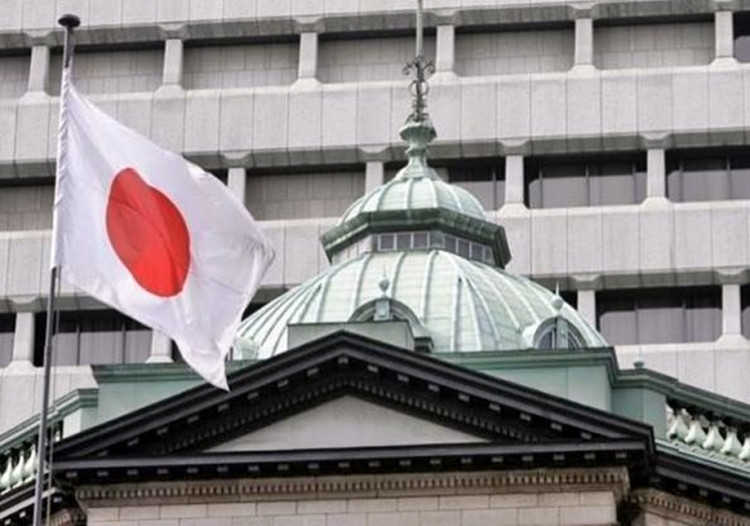The Bank of Japan's Governor Kazuo Ueda indicated on Monday that the likelihood of achieving the central bank's inflation target is gradually increasing. He suggested that if the possibility of sustainably achieving a 2% inflation target substantially rises, the Bank of Japan might consider altering its negative interest rate monetary policy. Ueda described this as the clearest sign yet that an end to the ultra-loose monetary policy might be on the horizon.
Ueda noted that raising interest rates under normal economic conditions could have some potential positive effects. The Bank of Japan's Deputy Governor, Masayoshi Amamiya, had previously mentioned that net interest income would improve in the absence of negative rates.
However, Ueda also stated on Monday that given the high level of uncertainty in domestic and international economies and financial markets, the Bank of Japan has not yet decided on the specific timing to adjust its loose monetary policy. He emphasized that the bank would carefully study economic developments and companies' wage and pricing behaviors to determine future monetary policy appropriately.
Ueda mentioned that the likelihood of Japan's economy breaking free from low inflation and achieving its price target is rising, but not yet sufficiently high. The Bank of Japan plans to maintain its monetary easing policy patiently to support an economic environment conducive to healthy wage growth.
An interesting point to watch is whether wages will continue to rise "significantly" in the upcoming spring wage negotiations in Japan.
The Japanese bond market had a muted reaction to Ueda's comments, with Japanese government bond yields trending downward as the Bank of Japan continues its regular bond-buying operations.
Market participants expect the Bank of Japan to end its negative interest rate policy next year as the inflation rate has been above the 2% target for over a year. Some even bet on a rate hike as early as January. Analysts generally believe that Ueda will maintain negative rates and not rush to hike rates by the end of this year. The comments from the governor and deputy governor are seen as preparing global markets for the normalization of the Bank of Japan's monetary policy next year, and it's too early to predict rate hikes in December and January.
However, it's clear that the Bank of Japan has signaled its readiness to bid farewell to the "negative interest rate era" sooner than expected. If the Bank of Japan can confirm a sustained trend of wage increases, it is expected to end negative rates by April and slightly raise short-term interest rates later in 2024.
On December 21, Japan's Ministry of Internal Affairs announced that, factoring in wage gains and tax cuts effective mid-next year, per capita income in Japan is expected to grow by 3.8%, outpacing the 2.5% inflation forecast. This marks the first time in three years that income growth has outstripped inflation. The government expects tax cuts to contribute 1.3 percentage points to the total income growth, amounting to an increase of about 4 trillion yen (approximately 278 billion USD). Without fiscal stimulus measures, next year's income growth would be on par with inflation.






